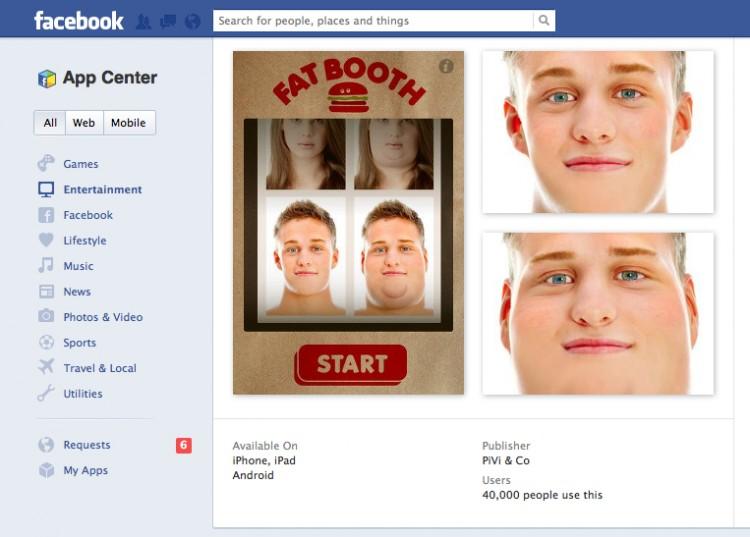Predicting Facebook’s Future
LinkedIn Corp., the main professional networking website, went public in May, setting the stage for other social networks, including Facebook, Zynga, Groupon, Kyak, and Zillow, to follow suit in the foreseeable future.

Journalists are increasingly incorporating social media into their work to keep pace with a changing media landscape. Loic Venance/AFP/Getty Images
|Updated:





